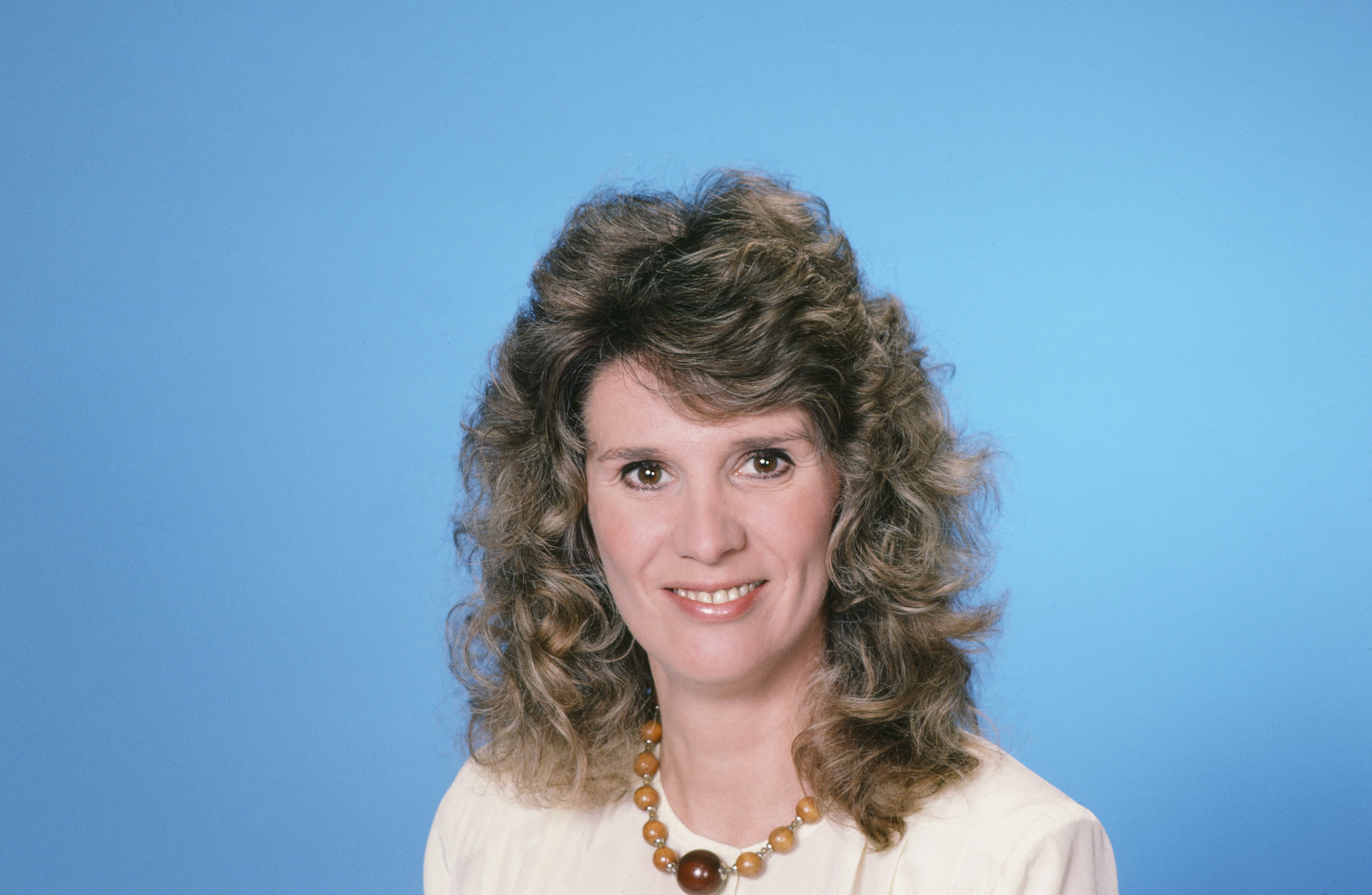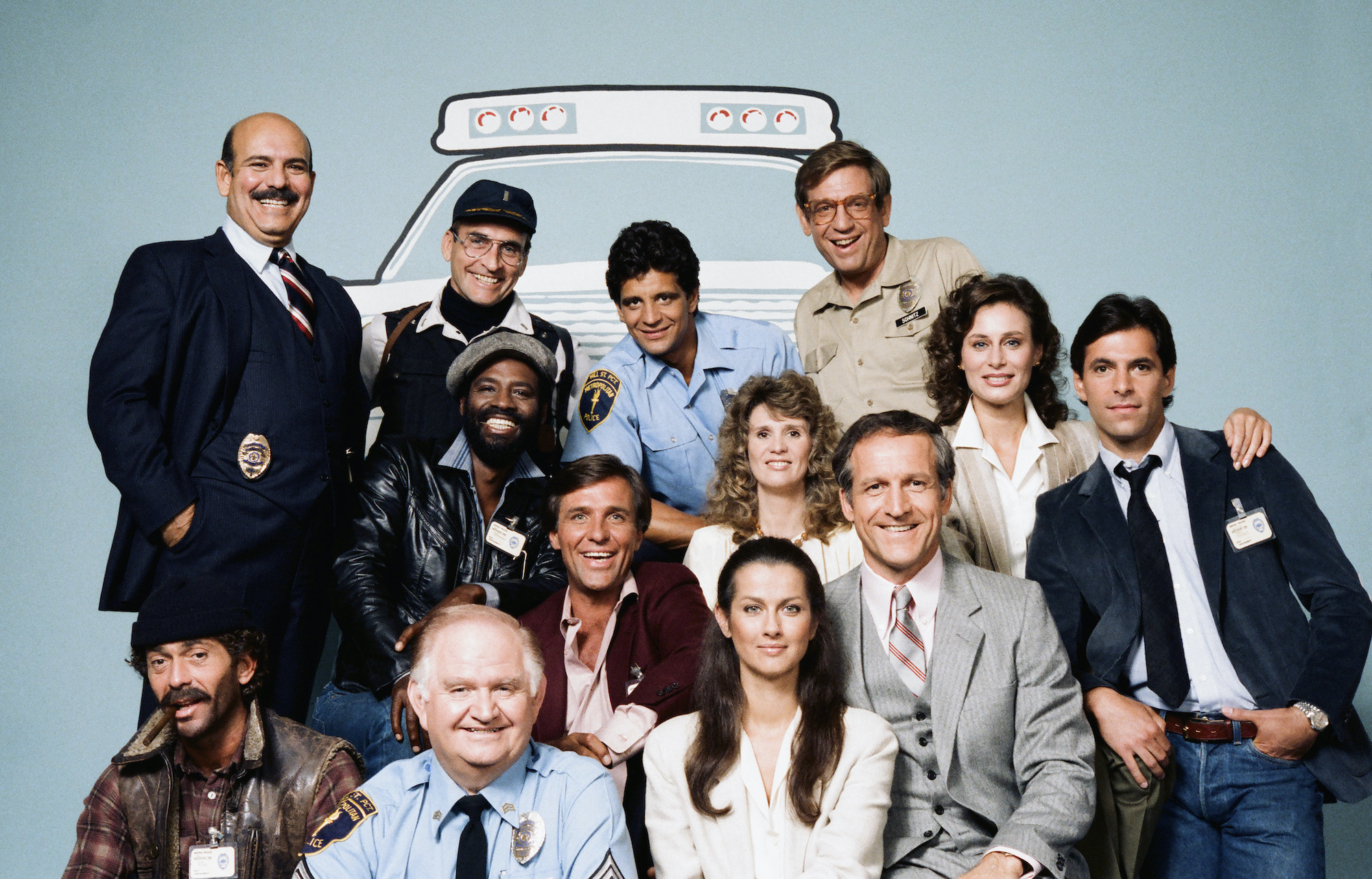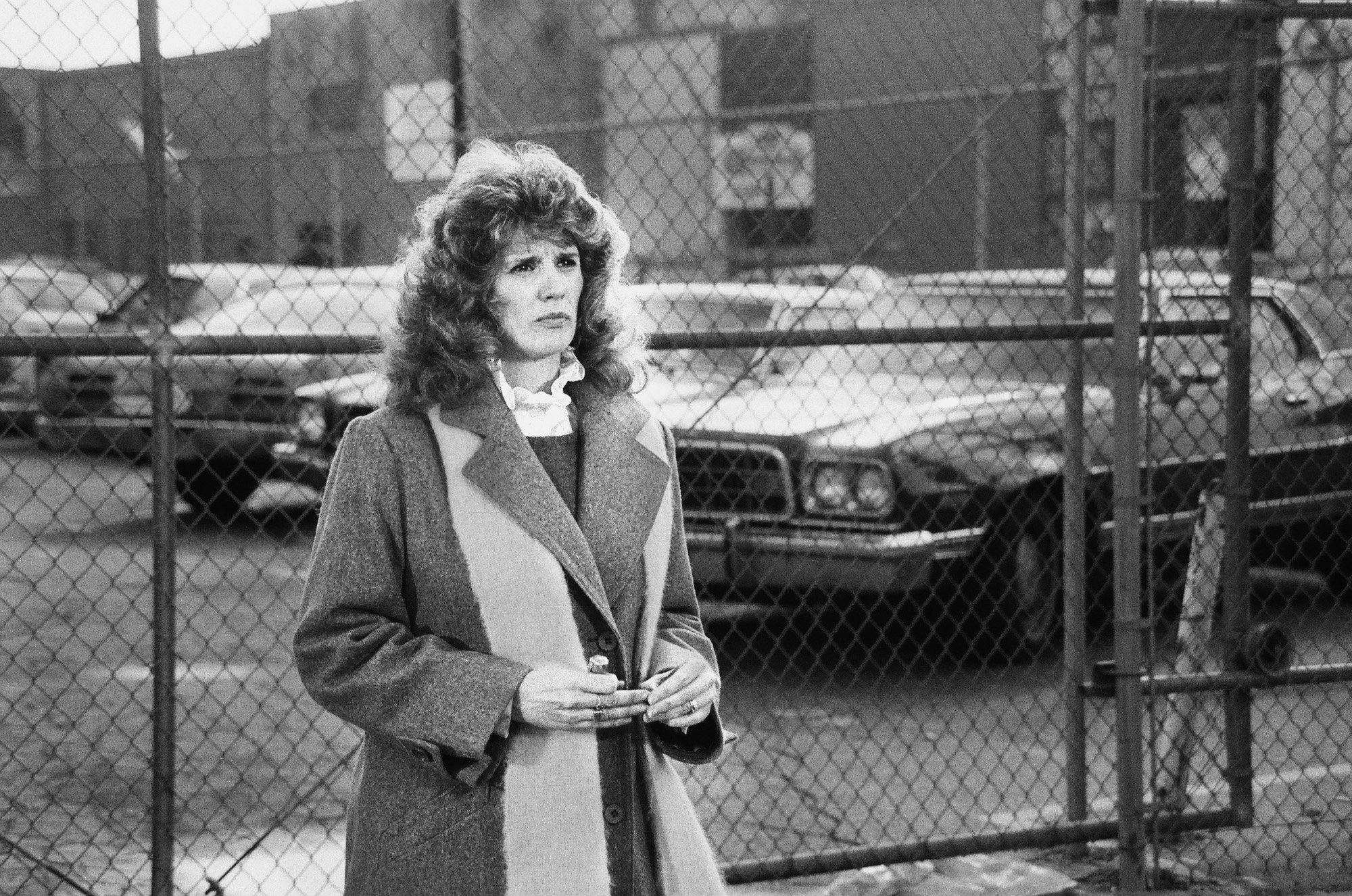‘Hill Street Blues’: Barbara Bosson Wasn’t Meant to be a Series Regular
Modern, younger television audiences might not know Hill Street Blues by name. Still, if they watch any modern police procedurals, they likely know of its impact. The TV show followed the lives of the workers at the Hill Street police precinct in an unnamed city. However, it quickly grew into something wholly unique that changed the genre forever. Barbara Bosson was a significant reason behind this. However, her role was not intended to carry the weight that it eventually did.

What was Hill Street Blues?
Hill Street Blues was not the first police procedural. Premiering in 1981, Stephen Bochco’s series quickly changed how television series covered the subject forever. Rather than focusing on the crimes and criminals, it portrayed its cast as three-dimensional characters. The series was a massive hit from the get-go. Its documentary feel made it feel more grounded, gritty, and true-to-life than the hyper-stylized series before it.
The series was on the air for seven years, according to IMDb, and paved the way for NYPD Blue and other non-Bochco properties with similar tones. One of the show’s breakout stars, however, was Barbara Bosson. An unknown actress who spent most of the previous decade taking small roles in movies and television. For five years, however, Bosson was a staple on Hill Street for 102 episodes until an unceremonious exit in 1985.
Barbara Bosson wows Hill Street Blues

Bosson married Stephen Bochco in 1970 when he was still an up-and-coming screenwriter. She stayed by his side as they both guided their way through Hollywood. Bosson made her screen debut in the Steve McQueen film Bullitt as an unnamed nurse. Not long after, she became a working actress, securing small roles in the musical Mame and several other shows both with Bochco attached and elsewhere.
According to Mental Floss, when Bosson signed up for Hill Street, it was not meant to be a starring role. She played Captain Frank Furillo’s ex-wife. However, after the makers were smitten by her chops, she became one of the show’s most popular characters. Fay Furillo started as a typical naggy ex like many characters before her. However, she grew to become an empowered woman. However, after Bochco, she was quick to follow. While it’s easy to assume that this was because of her husband, Bosson claimed that there was far more to it.
Bosson leaves the show

In 1985, Bosson shocked fans and creators alike by departing the series three episodes into the new season. According to Bosson, she saw the writers changing her character back to a miserable housewife after having poured her heart and soul into making her something bigger. While Bosson was supposed to appear in more episodes, she quit after the third episode. She spoke to AP News about why she chose to do so. “I finished my work on the first three shows, and I’m not scheduled to work on the fourth and fifth shows,” she told the AP. “When I left I said goodbye because I didn’t think I’d be working again.”
According to Bosson, the character’s direction, along with contractual disputes, made it hard to set aside any differences and enjoy her time on the set. Furthermore, she believed that she was getting an unequal share in pay after becoming one of the show’s most popular characters.
“I want to leave because they haven’t been straight with me on my contract. I said they had to pay me parity with my group or I’d leave. I have decided to leave because of irregularities in the business deal,” she said. “Money is not the issue. I discovered they told my agent things that were not true.”
Television is a cutthroat business when it comes to entertainment. Not only was Bosson acting at a time when women were not given much say at all when it comes to decisions, but when those who did speak up were often let go even quicker than they are today.


